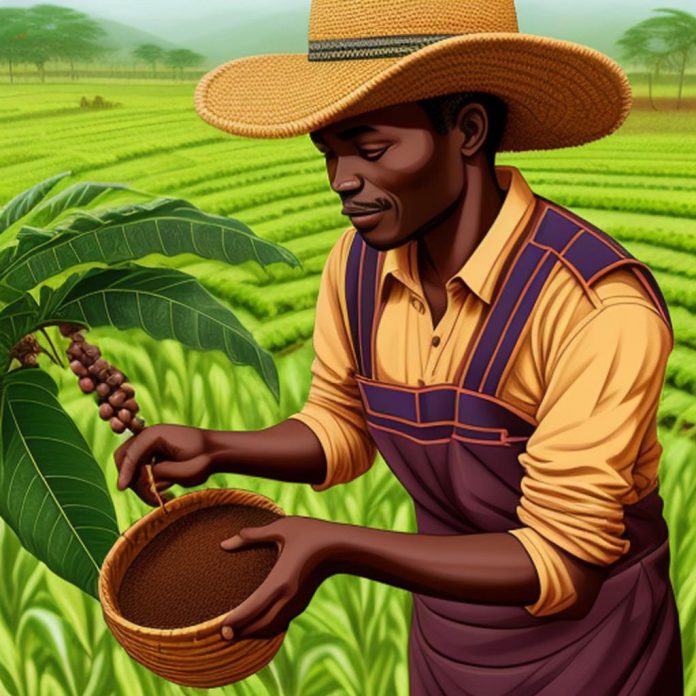
While address a session of the 14th African Union High Level Private Sector Forum at the Kenyatta International Convention Centre in Nairobi, Kenya’s Cabinet Secretary for East African Community and Arid and Semi-arid Lands Rebecca Miano indicated that collaboration of regional value chains in Africa will open up domestic markets, achieve economies of scale and improve competitiveness in the global market arena.
“To increase their overall output, Africa’s Regional Economic Communities need to harmonise trade policies, scale down non-tariff barriers, improve transportation infrastructure, and promote skills development and technology transfer, all of these, key drivers to Africa’s integration in trade and investment,” said Ms. Miano.
Private Sector in Africa accounts for 80 per cent of Africa’s total production, two-thirds of investment and three-quarters of credit in addition to employing 90 per cent of the continent’s working-age population.
“The success of Africa’s economic integration is premised on the role of the private sector in achieving growth objectives of Africa’s economies, and by extension, creating greater wealth and expanding employment opportunities,” said the Kenyan minister.
Ms. Miano urged African Regional Economic Communities including the EAC to upscale investment in agricultural and extractive industries through value addition to expand the potential of both value chains.
“Regional value chains are essential for promoting intra-African trade, economic integration, and industrial development. They offer opportunities for countries to leverage their comparative advantages, enhance productivity, create jobs, and increase their share of value-added activities within the global economy,” said Ms. Miano.
Speaking at the forum, the EAC Deputy Secretary General in charge of Customs, Trade and Monetary Affairs, Ms. Annette Ssemuwemba urged the Forum to come up with practical and timely solutions to the current economic crisis facing the African continent caused in part by the Covid-19 pandemic, adding that EAC Partner States economies were on a growth trajectory, though slowly.
“The post-COVID-19 economic recovery since 2021, indicate the region’s GDP growth of approximately 4% in 2022 and is expected to increase to 4.7% by end of 2023 as countries continue reopening their economies. It suffices to note that all EAC Partner States have experienced positive growth ranging from 1.5% to 11% in the last two years,” said Ms. Ssemuwemba.
The agricultural sector in the East African Community had over the last three years faced challenges attributed to drought, and other economic shocks that have resulted in reduction in agricultural production ranging from 2.6 percent to 7 percent across the entire region.
“Export of agri-food declined by 13% and 25% in low- and middle-income countries. These have worsened the food security situation in most African countries and foreign earnings by African countries,” said Ms. Ssemuwemba.
According to the East African Business Council a successful implementation of the African Continental Free Trade Area (AfCFTA) will lead to an increase in Africa’s income by US$450 billion by 2035.
